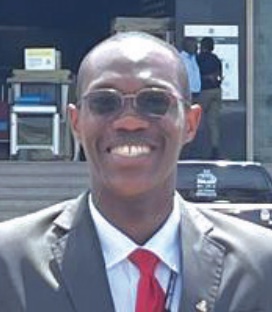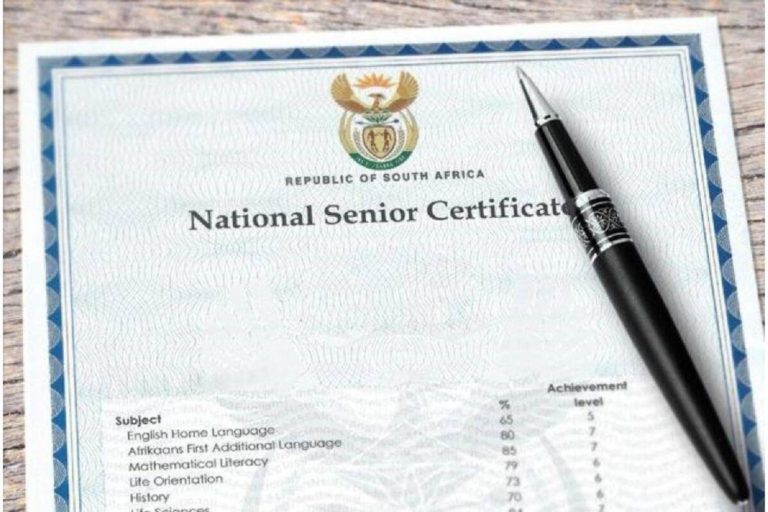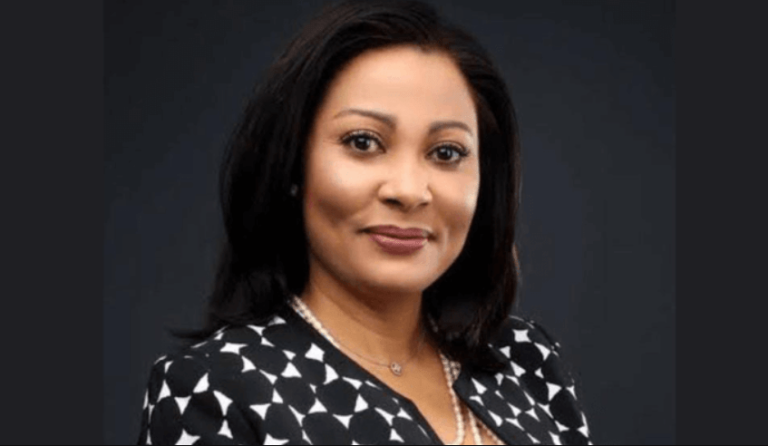
Screenshot

The age of 30 can be a magical moment in a person’s life. It is when youthful ideas have now mixed with experience, and someone finally has their foot in the world.
The 1995 Constitution was a landmark moment for Uganda, which had been plagued with strife and instability. It was a sign of a new epoch, one full of promise and hope. Fast forward to 2025, and this country is once again at a crossroads, hence the question: where do we go from here?
The 1995 Constitution gave us many promises, but the biggest and, in my opinion, the most important promise was liberty. In each and every provision in the Constitution, every promise it makes, and its spirit, I see liberty.
To me, this freedom is not just manifested in the Bill of Rights but also in provisions on land, property, marriage, etc. The framers of the Constitution envisioned a Uganda in which each and every person could do what they desired without fear, or what the NRA would term as a natural right rather than the prevalent causes of the time.
It was the cornerstone of its promulgation, as the people of Uganda had never been free, and this Constitution sought to alter that. However, the question of the day shall be: how far has the 1995 Constitution succeeded in this mandate? Chapter Four of the 1995 Constitution, the Bill of Rights, was a result of gross abuse of liberty in this country.
Thirty years down the road, where are we concerning Chapter Four? The right to apply for bail, for example, as provided for in Article 23(6), is an ‘endangered species’ as we are now seeing questionable decisions rendered by courts regarding bail applications.
Incidentally, the fabric of some judicial decisions mirrors dangerous jurisprudence like Uganda v Commissioner of Prisons Ex parte Matovu [1966] EA 514. It is indeed a worrying state of affairs to see ChapterFour being disrespected time and time again.
The right to habeas corpus, which is a non-derogable right according to Article 44(d), seems to have vanished. In Uganda, the constitution becomes ‘derogable.’ This part of our constitution is crucial, and it is not accidental; it has been shaped by the tough lessons we have learned from our history.
There was a time when due process was akin to a fantasy and not an expectation from the state, or when the sight of security forces would be a call to one’s maker. It was a state of affairs detailed by Henry Kyemba, and it is my view that the Bill of Rights was made to counter this.
The Constitution emphasizes that these rights are not just given by the Constitution but are inherent by virtue of your humanity (you are entitled to them). Another point of consideration as we recognize the 30 years of the Constitution is the decolonization of the legal systems.
How far have we integrated black law into the current legal framework in this country? We need to have a legal system where Ugandans are not subjects but, rather, participants in the creation, interpretation, adjudication and application of the law, as Article 127 envisions. In 1925, we had English judges, English lawyers and English law.
Fast forward a century later, and we have Ugandan judges, Ugandan lawyers and still English law. Our court procedures and the makeup of the legal world are still English in the real sense. How can we counter this and realize our own law?
Lord Denning MR in Nyali Ltd v Attorney General [1956] 1 QB 1 famously espoused the analogy of the English Oak, which illustrated challenges in the application of common law in the colonies of Britain.
I, for one, suggest that the English Oak can survive no longer; in fact, we need Mvule, so to speak. This is a challenge that the legal profession must answer in this country as we look back at our constitutional history and try to see where we are heading.
Article 4 talks about translating the Constitution into Ugandan languages and disseminating information, but in these 30 years, have we even ‘tried’ to do this? There is a school of thought that seeks a new constitutional order entirely; however, I disagree with this notion.
Before creating a new order, we must grapple with the legal questions already at hand, or we will continue replicating our mistakes. A new constitution in a Uganda still under presidentialism will be no different from the status quo.
The solution to our problems is a national dialogue in which we can sit at a table and discuss where this country should go. However, the challenge is that not everyone is invited to this table.
Perhaps the term coined by George Orwell in his novel “Animal Farm” bears relevance here. For all intents and purposes, we need to have this dialogue—an open and honest conversation not just about the constitutional questions of the day but also about the soul of this nation.
As we celebrate this pearl anniversary, we must not forget that the 1995 Constitution was the result of very painful experiences in the history of our country. I shall quote Patrick Henry when he said, “Give me liberty or give me death” at the Second Virginia Convention, March 23, 1775.
Without this liberty, we can have no life; in fact, the gallows shall await us. Hence, the spirit and letter of the 1995 Constitution, to me, is liberty, and it is under siege. We must not have to experience these painful memories once again to see that.
Therefore, as we celebrate and recount in commemoration of the pearl anniversary, it should not be business as usual.
The writer is a law student and believer in the rule of law.
conradakez77@gmail.com



